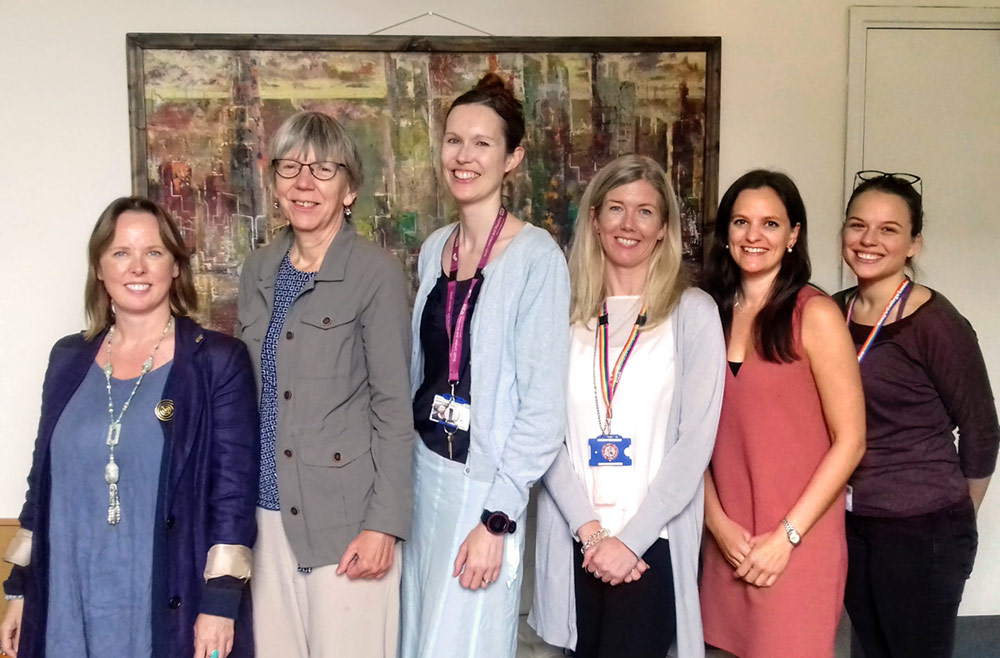The Maudsley Story
FREED started over tea room conversations between staff at The Maudsley Hospital Eating Disorder Service, South London and Maudsley NHS Foundation Trust (SLaM), and King’s College London. As clinicians, we wanted to help people with eating disorders as quickly and effectively as possible. As researchers, we knew that early intervention would improve treatment outcomes. It was disheartening to meet patients who waited years before seeking help because they were ashamed of their symptoms, didn’t think they were “sick enough”, or didn’t have any hope that things could get better. It was even harder to tell patients they would have a 6 month wait for treatment because we didn’t have enough staff to see them sooner.
We wanted things to be different. Everyone with an eating disorder deserves to know that they are not alone, help is available, and they are worthy of help. Everyone with an eating disorder deserves access to evidence-based treatment quickly.
FREED is one step towards making that difference. It facilitates rapid access to treatment for 16 to 25 year-olds with an eating disorder of up to 3 years duration and tailors treatment to the specific needs of this age group.

Danielle Glennon, Specialist Clinical Service Lead, SLaM
In 2016, FREED received further support from The Health Foundation and was scaled to three new eating disorder services. This scaling-up trial, known as FREED-Up, ran from October 2016 to August 2018. Results to date show that FREED can be used effectively in different eating disorder services and across different settings (including urban, semi-urban and rural areas). FREED reduced waiting times at each service and patients and staff were positive about its benefits.
In 2017-2018, FREED was recognized by the NHS Innovation Accelerator (NIA) programme as an innovation worthy of national scaling. With NIA support, Dr Karina Allen has been helping services around England to adopt FREED. By the end of 2018, FREED is expected to be running in 11 eating disorder services and will cover a population of 9 million people. By 2020, we hope that FREED will be used by 25 eating disorder services. We have developed a FREED Network to bring together the services using FREED.
FREED has received a British Medical Journal award and a Positive Practice in Mental Health award. We have worked with commissioners to change referral processes for eating disorders and with GPs to improve awareness of eating disorders and the importance of early referral. We no longer have to watch young people get sicker on a waiting list before we can start to help them get better.
We are very proud of FREED but also know that it doesn’t solve all of the problems associated with eating disorder care. Our group continues to work on improving access to treatment for everyone with an eating disorder (including those aged over 25) as well as improving the effectiveness of eating disorder treatments.
"FREED transforms patient care, largely through creating a shared sense of urgency of action between all concerned. This is channeled into highly focused well-coordinated care for young people and their families, to achieve full recovery."
Professor Ulrike Schmidt, Consultant Psychiatrist, King’s College London and SLaM